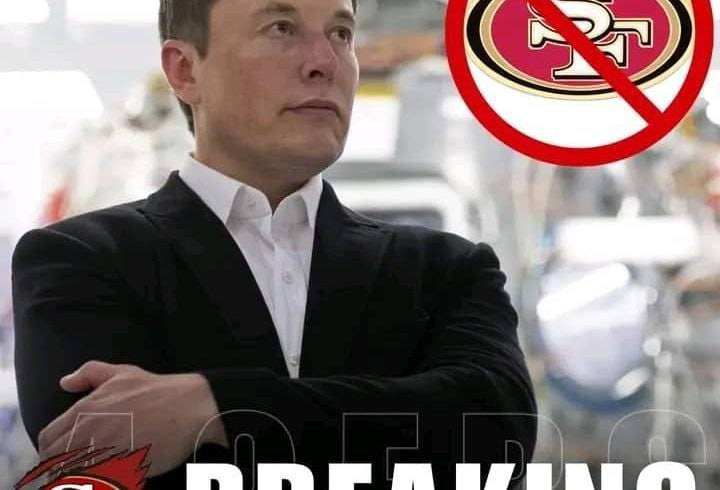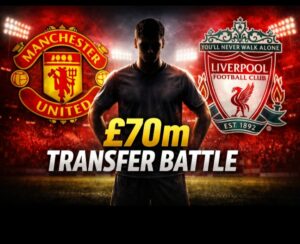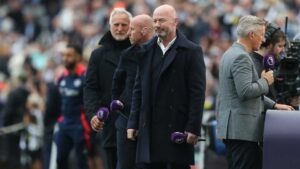
In a recent development that has captured the attention of both the business and sports worlds, Elon Musk, the CEO of Tesla and SpaceX, made a provocative statement, labeling boycotters of Tesla as “unpatriotic.” This came in the wake of reports that the San Francisco 49ers football team declined to collaborate with Tesla on a proposed partnership initiative.
The Controversy
The conflict began when rumors surfaced that Tesla had approached the San Francisco 49ers with a sponsorship deal involving sustainable transportation solutions for the team. Reports suggest that Tesla offered to provide electric vehicles for the team’s staff and support infrastructure upgrades at Levi’s Stadium to make it a model of green technology. However, the team reportedly rejected the offer, citing “misaligned brand priorities” as the primary reason.
Shortly after these reports became public, Musk took to social media, stating: “Boycotting Tesla is not just a slight against the company; it’s a blow to American innovation and energy independence. Those who refuse to support us are unpatriotic.”
Mixed Reactions
Musk’s comments have sparked a heated debate. Supporters of Tesla and Musk argue that the company represents the future of American technological leadership and sustainability. “Elon is right,” tweeted one prominent tech entrepreneur. “Tesla is doing more for the planet and the U.S. economy than almost any other company. Boycotting them is counterproductive.”
On the other hand, critics accuse Musk of conflating business interests with patriotism. “Supporting or rejecting Tesla doesn’t determine someone’s loyalty to their country,” said one political analyst. “This rhetoric oversimplifies a complex issue.”
The Broader Context
Tesla’s relationship with various stakeholders has been a subject of scrutiny in recent years. While the company has earned praise for revolutionizing the electric vehicle market and pushing for renewable energy adoption, it has also faced criticism for workplace practices, high-profile recalls, and Musk’s often controversial public statements.
The San Francisco 49ers’ decision to reject Tesla’s proposal may also be indicative of broader trends. Professional sports teams have become increasingly selective about their partnerships, often choosing to align with brands that resonate strongly with their fanbase and values. In this context, the 49ers’ move could reflect strategic brand management rather than an outright rejection of Tesla’s principles.
What’s Next?
Musk’s comments have undoubtedly amplified the stakes of this disagreement. Industry experts are watching closely to see if the controversy will affect Tesla’s broader business relationships. Some speculate that Musk’s rhetoric could alienate potential partners who prefer to avoid polarizing public discourse.
Meanwhile, the San Francisco 49ers have remained silent on the matter, with no official statement addressing either the reported refusal or Musk’s remarks. This silence has left room for speculation, further fueling the media storm.
Conclusion
This incident underscores the intricate dynamics between corporate branding, public perception, and patriotism in modern business. While Elon Musk’s declaration has rallied Tesla loyalists, it has also sparked a wider conversation about the boundaries of corporate influence and national identity. As the dust settles, it remains to be seen whether Musk’s bold words will galvanize new support for Tesla or simply deepen existing divisions.







